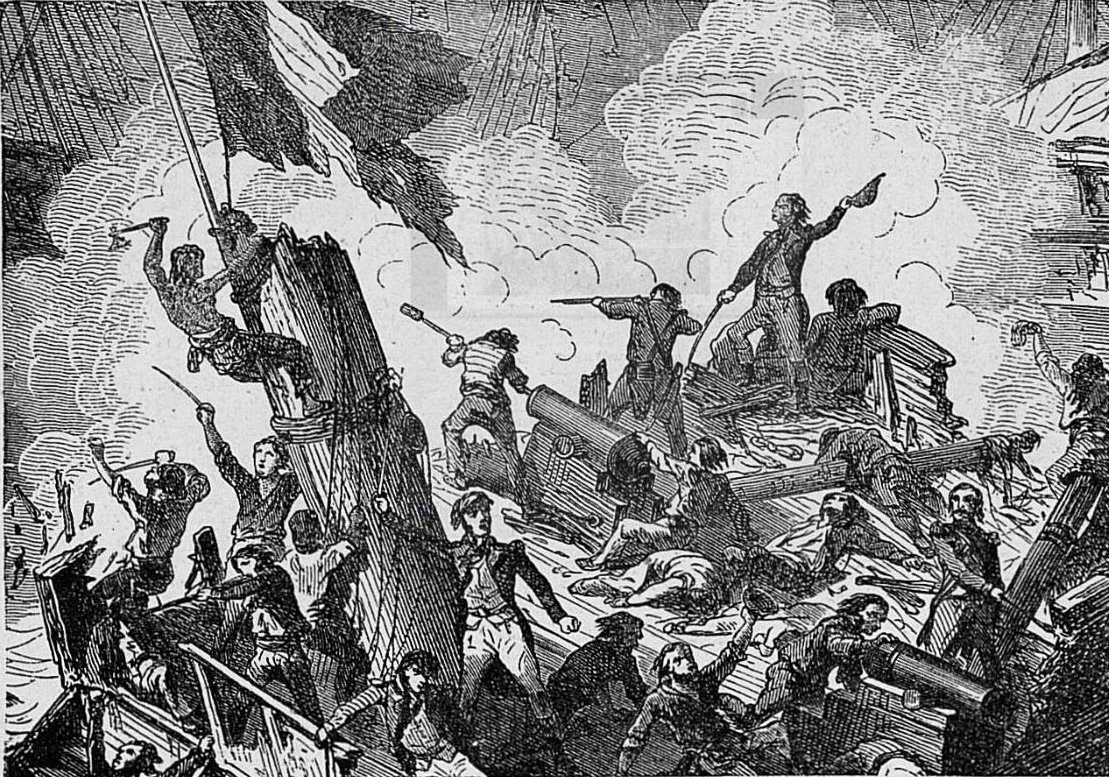Normally, I don’t go out of my way for cancer related charities. It’s not that I’m a Scrooge or anything, quite the contrary. The reason, aside from being a college student with no income, is that I’ve spent more than my fair share of time in the hospital myself, especially as a child. For a time I was even enrolled in a hospital school.
Here’s the thing to understand about hospital school: only a small fraction of children in the hospital end up there. Most children don’t spend long enough to need it. Your average broken bone, tonsillectomy, or even appendicitis is only a few days in the hospital. Moreover, it doesn’t apply to the really bad cases either. Obviously a kid in a coma or similar isn’t going to be in classes, and someone who’s terminal is going to have other priorities. So in practice, you get a narrow overlap of kids who are sick enough to need to stay in the hospital, but healthy enough that education is a going concern and a worthwhile investment.
Now, having a school where everyone is sick, most kids are disabled, and the cast rotates frequently enough (as kids either get better or worse) to have everyone be the new kid, makes for a comparatively egalitarian school environment. Indeed it was the only school I was ever in without any evidence of bullying. But despite this, hospital school is no utopia. Human nature is what it is, and so there were inevitably cliques. The kids who were longtime students, who had the same abilities or symptoms and shared the same diagnoses, and were on the same ward often formed their own cliques. Naturally, the largest and most influential clique was that of those students who had the most common diagnosis, who alll lived on the same specialty ward, and who, by the nature of their disease, got the most public sympathy, leading to charitable donations and better toys for them.
Yes, that’s right. In the hospital school I went to, the cool kids were the oncology patients.
Obviously, I don’t envy them, even if I might’ve wanted to have been given a diagnosis that I could explain to other people, or gotten some of the perks of the countless charities devoted to childhood cancer. For what it’s worth, they were all very nice people. As cool kids go, they were benevolent overlords. I never had anything against them as individuals, just against the fact that society seemed to recognize them, who were in effectively in the same position as me, because they had a particular diagnosis and I didn’t. They had a certain social privilege, that cancer was everyone’s enemy, whereas the doctors couldn’t even name what it was that I had.
There’s a bit more nuance here, but I’m writing this on a schedule, and that’s the short version. As a result, when it comes to organizations that provide resources specific to cancer, I tend to prioritize my contributions elsewhere. With the knowledge that cancer causes are usually fairly well supported and funded, all else equal I will usually donate my money, time, and energy to other causes. I don’t oppose such efforts, but it takes something exceptional to get me on side.
And the reason I bring all this up is because we’ve reached one of my exceptions. This Star Won’t Go Out is hosting its big indiegogo fundraiser. I like TSWGO. Their story warms my old grinch heart. And more importantly, I like their angle. Because as much as they’re about sticking it to cancer, and helping kids do so, they are also focused on promoting kindness and good. Even though they’re a cancer charity, their projects benefit people besides just those who have a cancer diagnosis. After all, it has benefited me.
Their community outreach and Project Lovely grants have kept a strong focus on making life better for those who need it, regardless of diagnosis. These may not be the most economically efficient means of converting dollars into comfort, but it is an excellent way of spreading joy, goodwill, love, and compassion. Full disclosure here: I applied for such a grant two years ago for a project based on my own experiences in hospital so long ago. I didn’t make the cut, but my interactions with them made it clear that we both cared about essentially the same things. The projects they eventually did fund have done good in the world, and I support them wholeheartedly.
So if you, like me, are a charitable person, but shy away from donating to big causes, join me on supporting This Star Won’t Go Out’s current fundraiser. They do good with limited resources, and seek to change the world for the better, not just for their tribe, but for everyone.

 I am never quite sure what to expect when going to NerdCon, and I am always surprised. The abundance of inside jokes and references is a high entry barrier to most. Even I, who am as well versed in the popular subculture as any, still find many things that are utterly incomprehensible to me.
I am never quite sure what to expect when going to NerdCon, and I am always surprised. The abundance of inside jokes and references is a high entry barrier to most. Even I, who am as well versed in the popular subculture as any, still find many things that are utterly incomprehensible to me.
